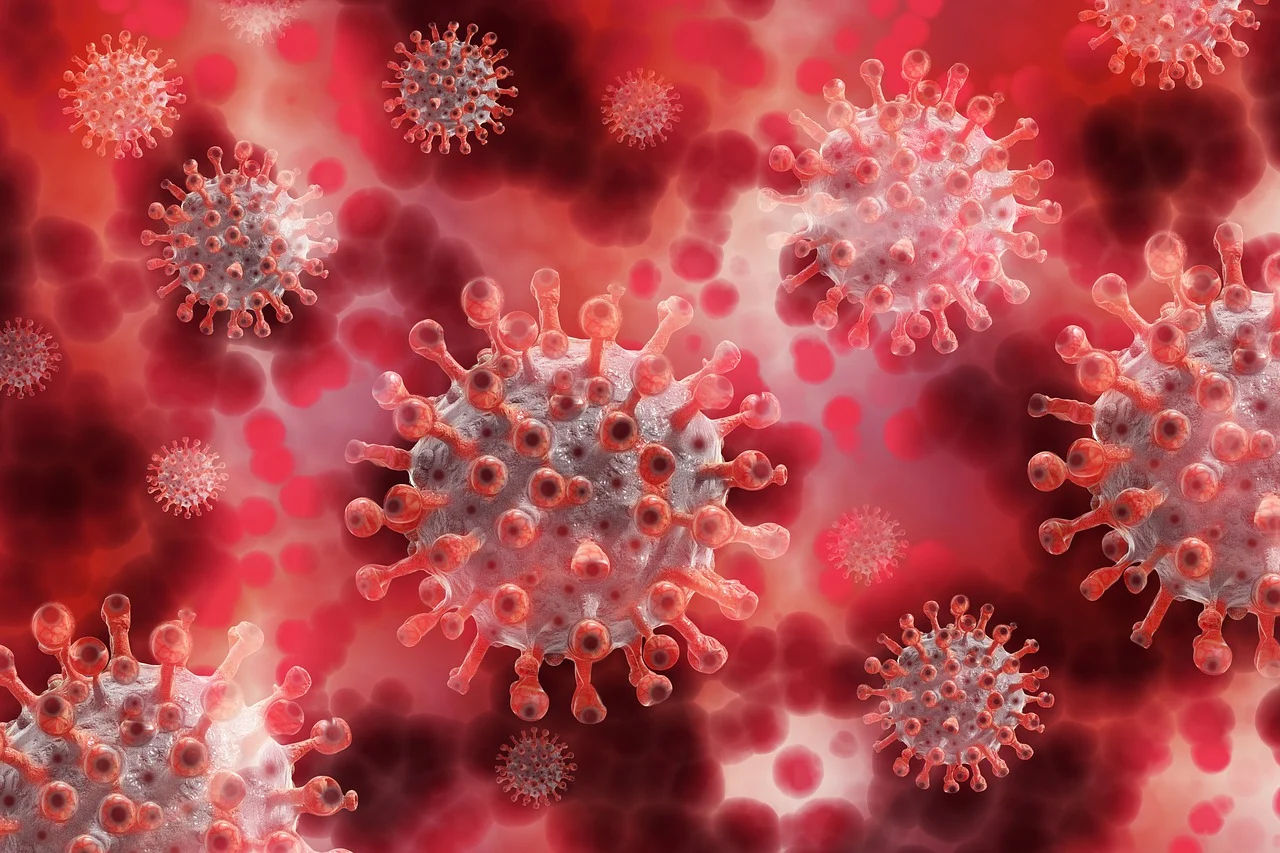After two cases of omicron in Karnataka were confirmed, one of which was a South African traveller who had already left the country, the state government has imposed a number of restrictions. In the last few days, the state has received a large number of international visitors, whose samples have been sent for genome sequencing.
Bypassing the lockdown, the government has made full vaccination mandatory for a variety of activities, such as shopping at malls.
Also Read | Maharashtra health minister urges people not to panic amid Omicron concerns
Here are new restrictions imposed in the state:
Instead of 10 cases, if three cases are found in a given area, a COVID cluster will be declared.
If an apartment has been designated as a cluster, no outsider will be permitted to enter.
Parents of students enrolled in physical education classes must be fully vaccinated.
Visits to any apartment complex are now required to be fully vaccinated.
If residents’ associations must hold meetings, only those who have received two doses of the vaccines should be called.
Also Read | Italian dentist presents fake arm for vaccine to get pass
The state of Karnataka was the first in India to report two confirmed omicron cases. The infection is believed to be spreading quickly, but the impact will be minimal, according to Chief Minister Basavaraj Bommai.
Full vaccination is already required for visitors to shopping malls, as well as employees of hotels, restaurants, cinemas, swimming pools, public libraries, zoos, and botanical gardens.
Several COVID clusters have been discovered in educational institutions across the state, prompting the government to advise all institutions to postpone any planned events for the time being.
Earlier on Saturday, the Kempegowda International Airport (KIA) in Bengaluru issued new guidelines for international passengers, stating that at least 2% of passengers arriving from countries not listed as “at risk” will be subjected to random testing upon arrival.
The airport, on the other hand, stated that the BIAL will cover the cost of random testing of such passengers.







